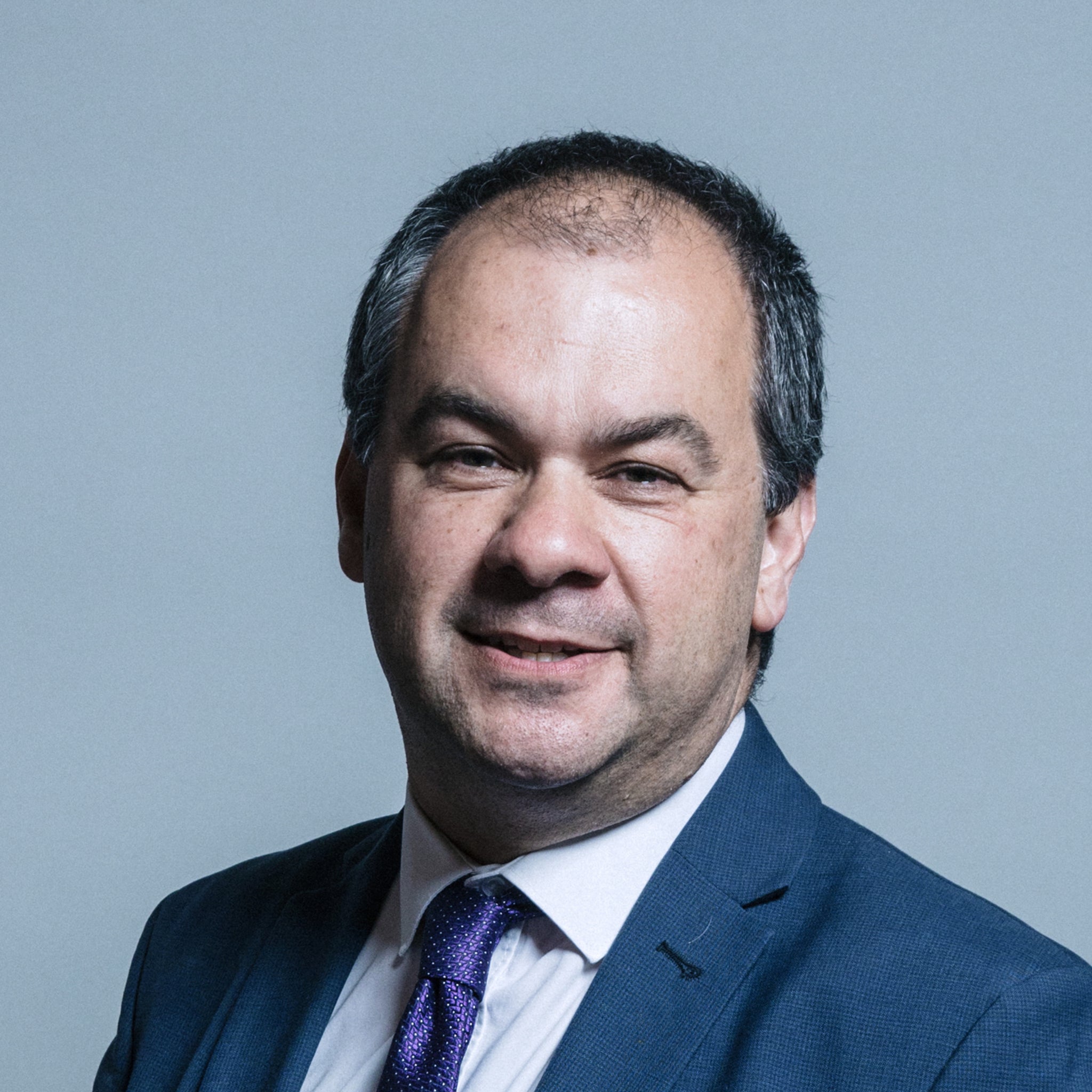
The public should not “work and live under Government diktat for a moment longer than is necessary”, a minister has said, as Boris Johnson prepares to scrap the legal requirement to self-isolate in England.
The Prime Minister is expected to unveil his “living with Covid” plan on Monday, with reports it will include the end of universal free tests.
Business minister Paul Scully said it was the right move, and that the PM would be weighing up the balance between a return to normality and keeping people safe.

Mr Scully told Sky News: “Infections are coming down quite rapidly, the hospitalisations and deaths are following as well – they tend to lag behind, obviously, the case numbers – but nonetheless you can see the trend within that.”
He said Mr Johnson will be “looking at the best advice possible but getting the balance right”.
Speaking on ITV’s Good Morning Britain he added the Government cannot “wrap people up in cotton wool for the rest of our lives”.
Mr Johnson will meet his Cabinet on Monday morning before updating MPs in the afternoon on his blueprint for moving out of the pandemic, which is expected to include the end of laws mandating those who test positive for Covid should self-isolate.
He said the proposal would be about “finally giving people back their freedom” after “one of the most difficult periods in our country’s history”.
Some health experts have been critical of the decision to abandon the requirement to quarantine after a positive result.
But Mr Scully said it was a move towards personal responsibility.
Professor Sir Andrew Pollard, director of the Oxford Vaccine Group at the University of Oxford, told BBC Radio 4’s Today programme the UK has a “wall of immunity now” thanks to the vaccines “but the decision about when and how to reduce restrictions is enormously difficult”.
He said the benefits of restrictions are obvious in “reducing chains of transmission, the risks of people getting infected, the burden on the health system”, but the harms of restrictions are harder to assess.
“They include things, just from a health perspective, like the impact on hospitals of having staff self-isolating, the inability to perform operations, there will be surgery cancelled today that may be critical for people because of staff who are off work during that period; the impact on education, on the workplace and the economy.
“The impacts on the economy and mental health will have longer-term consequences. So if we could find a measure that brings all of that together, we could work out the exact right moment (for lifting restrictions).”
Sir Andrew said “there isn’t a right or wrong answer to this because we don’t have a measure that helps us get there”.
Responding to concerns that unscrupulous employers might force or pressure workers into going into work after the legal duty to stay at home ends, Mr Scully said businesses still had a statutory duty of care.
“I would say that it’s like any illness, frankly, any transmissible illness that you would say stay at home,” he said, but he admitted “it’ll be down to themselves or down to their employer”.
He said workers should contact Acas if they “really think that there is a detriment to them”.
Meanwhile, on Sunday, Mr Johnson told the BBC’s Sunday Morning programme the UK spent £2 billion on testing in January alone and that such high expenditure did not need to continue.
Mr Scully echoed this and told Sky News: “If you think what that £2 billion might go towards, there’s a lot of other backlogs in the NHS, other illnesses in the NHS, that that money could otherwise go for.
“So for every person that is worried about a test, there may be another person that’s worried about a cancer diagnosis, for instance.”
As of Sunday, UK Government data shows that 11,555 people are in hospital with the illness, with 331 of those in ventilation beds.
Mr Johnson said the latest data meant it was time for the UK to shift the balance away from “state mandation” and towards “personal responsibility”.
The Prime Minister’s announcement will come just over 24 hours after it was confirmed the Queen had tested positive for coronavirus.







